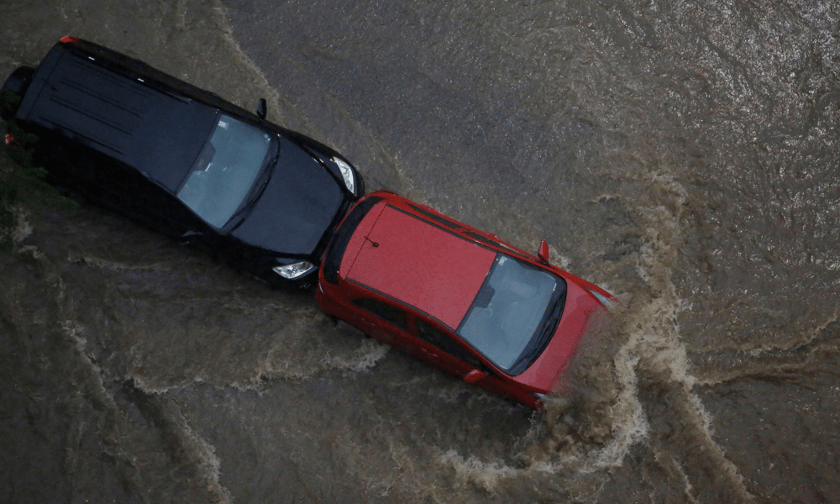

The increasing frequency of climate-related disasters has driven more individuals and businesses to seek insurance coverage for damages, a trend that, in turn, is bolstering activity in the reinsurance sector.
To manage risk exposure and ensure claims can be covered in times of disaster, insurers are increasingly turning to reinsurers. This surge in demand is evident in Brazil’s reinsurance market, where companies like IRB(Re) have established a strong foothold, holding a 17% share and recording R$6.5 billion in premiums in 2023. IRB(Re), with an 85-year history, is among the companies navigating a changing landscape shaped by climate change.
While there is no specific “climate change” insurance policy available, companies in Brazil, such as IRB(Re), have observed increased demand and higher claims as natural disasters become more common.
The impact of this shift spans several types of insurance, including life, property, housing, auto, and rural insurance. Notably, comprehensive residential insurance—which provides coverage for damage from windstorms, heavy rain, floods, landslides, fires, and power outages—has experienced the highest growth.
In January 2023, this insurance line resulted in R$515.2 million in payments to insurers, reflecting a 32% increase from the same month in the previous year, according to IRB(Re) vice president of reinsurance Daniel Castillo.
He attributes this growth to “the returns provided to society for recovering from the intense rains in Rio Grande do Sul, which caused human, material, and environmental damage.”
The Brazilian Confederation of Insurance Companies (CNseg) projects that insured losses in Rio Grande do Sul may reach R$8 billion, surpassing the R$7 billion paid during the peak of the COVID-19 pandemic.
Castillo sees room for further expansion in both the insurance and reinsurance markets within Brazil and globally, driven by the so-called "protection gap"—the difference between total economic losses and the portion covered by reinsurance.
“In Rio Grande do Sul, at most 10% of economic losses were insured,” Castillo said in a report from Valor International.
Lockton Re Brasil, in operation since 1994, has similarly noted an increase in claims related to climate change. From 2022 to 2023, the reinsurer tracked 17 extreme weather events; in 2023-2024, this number rose to 126, with total claim payouts increasing from R$2.8 million to over R$11 million.
According to Paulo Esteves Viveiro, vice president and chief commercial officer at Lockton Re Brasil, the rise in claims is largely attributable to major floods in Rio Grande do Sul, alongside droughts affecting the North and Central-West regions.
What are your thoughts on this story? Please feel free to share your comments below.
